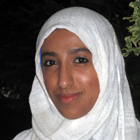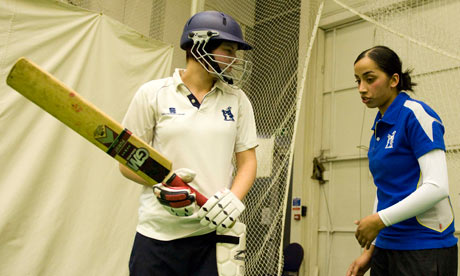Five months ago, Rimla Akhtar became the first Muslim woman on the FA Council. In a body which Football Association chairman, Greg Dyke, says is “overwhelmingly male and white”, Akhtar is seen as the ideal role model for the Asian community.
But, when I mention this, the 32-year-old chartered accountant smiles and says: “That’s up to others to decide.”
She is one of six women on the
121-strong FA Council, which helps decide major policy for the governing body, and her appointment comes at a time when the lack of diversity in positions of power within the game is a hot topic.
Yesterday’s report by the Sport Person’s Think Tank highlighted the problem with just 19 of the 552 ‘top’ coaching positions at English clubs being held by blacks and ethnic minorities. The only bosses are Chris Powell (right) at Huddersfield and Keith Curle at Carlisle.
“It is unacceptable that we have only two black League managers when something like 30 per cent of players within football are from the black community,” says Akhtar. “We need to see how we can open up football to more diverse managers. It’s a problem right across football, we also have very few black board members. Change does need to happen.”
It has been suggested that football should adopt its own version of the NFL’s Rooney Rule, whereby clubs must interview at least one black or minority ethnic candidate for a managerial vacancy.
However, Akhtar says: “For me, quotas are a short-term strategy. I wouldn’t want to be selected for something because I’m a woman, because I’m Asian or because I’m Muslim. I would like to be selected on merit. I’ve had people really close to me, relatives even, that have said, ‘you do realise that you’re being included just because you wear the scarf’.
“In the long term, it’s about making the sports environment more inclusive. That’s what’s lacking right now. We need to get an inclusive mindset as well as action on the ground.”
Source: http://www.standard.co.uk/sport/football/it-may-take-10-years-to-tackle-footballs-lack-of-diversity--fa-council-member-rimla-akhtar-9853069.html

























